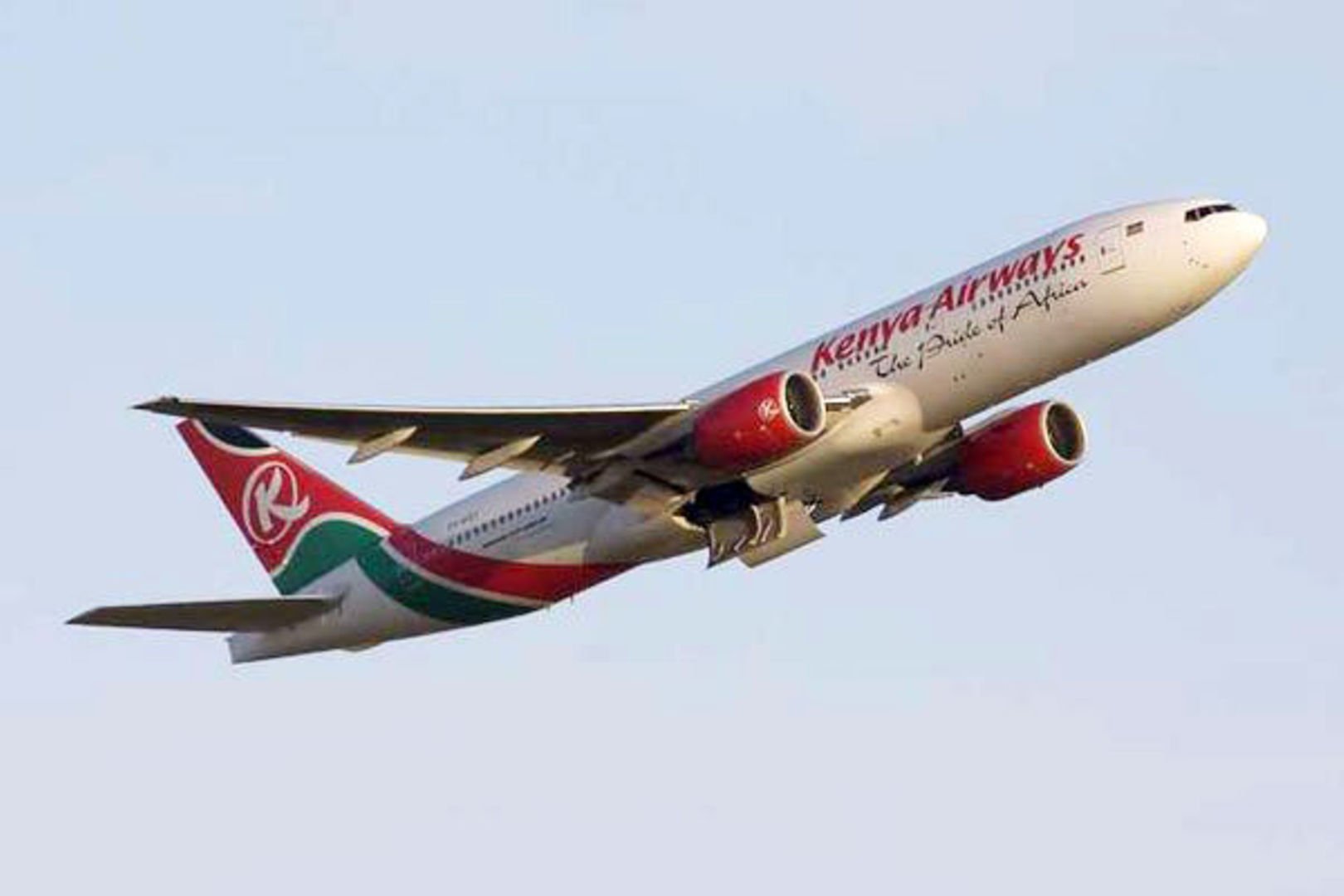Taxation: How to avoid plucking the goose

A man holds a conversation on a mobile phone. PHOTO by Faiswal Kasirye.
What you need to know:
The 20 per cent tax on mobile phone services led to lower taxes paid to the government.
“The art of taxation consists in so plucking the goose as to obtain the largest possible amount of feathers with the smallest possible amount of hissing.” So said Jean-Baptiste Colbert, who was France’s Finance Minister back in the 17th Century, during the reign of King Louis XIV. Colbert’s point was that politicians should think very carefully about what taxes to raise, and by how much, before they start removing the feathers.This famous quotation made four hundred years ago is still very relevant today.
It is no longer a secret that the government will miss its tax revenue collection target for this financial year by about Shs300 billion. According to the government’s revenue projections contained in the Budget Framework Paper, tax collection this financial year is expected to grow by about 16 per cent.
However despite this growth, the URA will miss its revenue target by about 3 per cent. The Shs300 billion shortfall in tax collections is mainly attributed to a lower than expected profitability mainly in the banking and telecommunications sector. This has led to a decline in corporation tax, compared to last financial year. In addition to this, the depressed demand in the economy as a result of the low purchasing power that has been witnessed mainly in the fast moving consumer goods and retail sector has also resulted in poor Value Added Tax collections this year.
Some of the reasons for the lower than expected revenue collections this financial year is a classic example of how not to pluck the goose. For example the government introduced three new taxes for the mobile phone telecoms sector last year. The first one was a 10 per cent excise duty on mobile money transfer fees. The second one was a 20 per cent excise duty charge on mobile phone value added services such as downloading of music, videos and other. The third one was a new tax of US 9 cents per minute for incoming international calls. This is equivalent to Shs230 of tax for every international call coming into Uganda.
As result of these new taxes profitability in the mobile phone sector has gone down. The new 10 per cent excise on mobile money transfer fees had a negative impact on the growth of the mobile money transfer services. This has resulted in lower than expected revenues for the mobile phone companies from mobile money transfer services which in turn has resulted in lower profitability and hence a reduction in taxes to the government.
Likewise the new 20 per cent excise duty on mobile phone value added services has also had a negative impact on the growth of new products rolled out by third party providers. This has also had a negative impact on the growth of the revenue earned by mobile phone companies from these services, and as a result a reduction in profitability and hence lower taxes paid to the government.
The USD9 cents new tax on incoming international calls has had the most negative impact on the mobile phone industry as a whole. This new tax meant that the cost of calling Uganda went up overnight by about Shs230 in form of additional taxes. As a result of this increment, other international mobile phone companies also retaliated by increasing the cost of Ugandans calling their countries.
Cost of international calls up
The overall impact was an increase of about USD24 cents per minute for international calls. This means that for some networks the cost of international calls went up by as high as Shs612 per minute. As a result of this, incoming international calls have declined by 33 per cent across all the networks. For one company the decline has been a massive 66 per cent. The interesting thing is that people abroad have not stopped calling Uganda. Instead they have found innovative and in some cases illegal ways of routing calls in such a way as to avoid paying this tax. One such trick is SIM boxing.
I’m sure many of you have received calls from friends and relatives abroad only to check and see that the caller’s number displayed on your phone screen is a local mobile phone number. That is SIM boxing. It is illegal so I will not explain how it is done. Other law abiding people have resorted to more technologically sophisticated methods of communications using un detectable international traffic such as Whats Up, Viber, Facebook, and Skype.
When the Finance Minister announced this new tax during her budget speech in June last year, she told Parliament that this new tax on international incoming calls was expected to generate additional tax of Shs43 billion.
The loss
According to the data from the mobile phone companies, this new tax had resulted in a loss of revenue to the government estimated at about Shs25 billion as at the end of February this year.
When it comes to taxing companies, a modern finance minister might rephrase Jean-Baptiste Colbert’s quotation to taxation being the “art of collecting the largest possible amount of revenue from taxpayers with the smallest possible amount of economic distortion and damage.” In the case of the taxes introduced on the telecoms sector last year, the government has plucked the telecoms goose so much that it has ended up with only a drumstick.
Mr Francis Kamulegeya is the Country Senior Partner for PriceWaterHouse Coopers Uganda.




